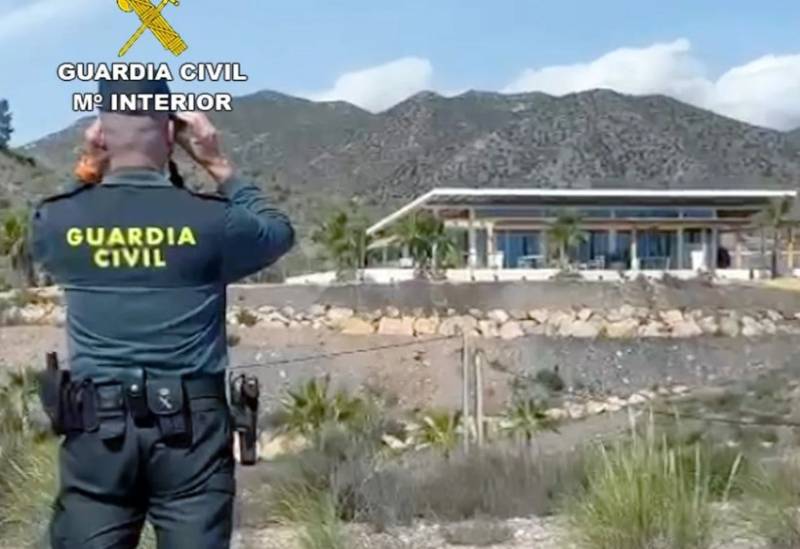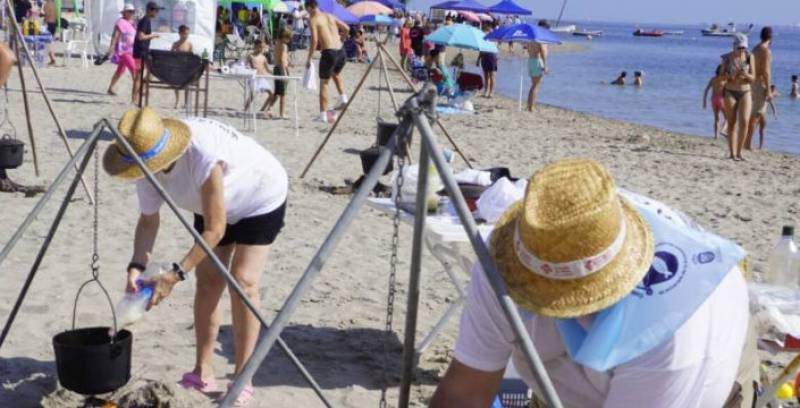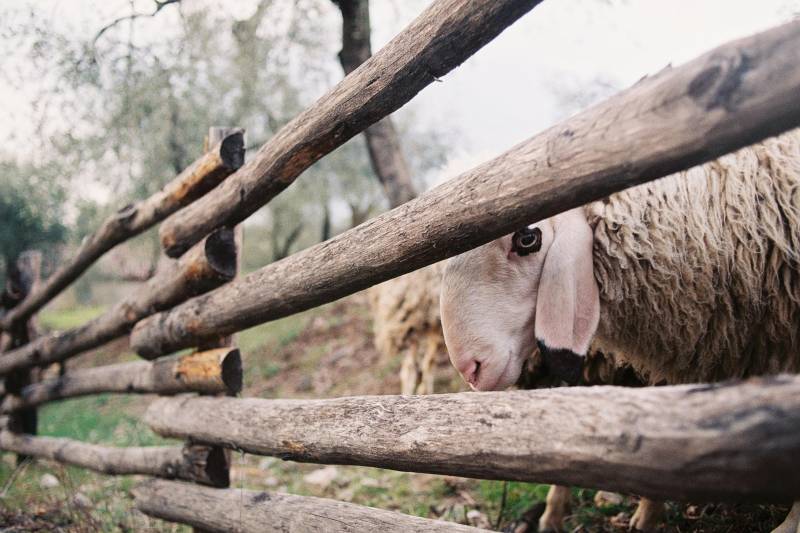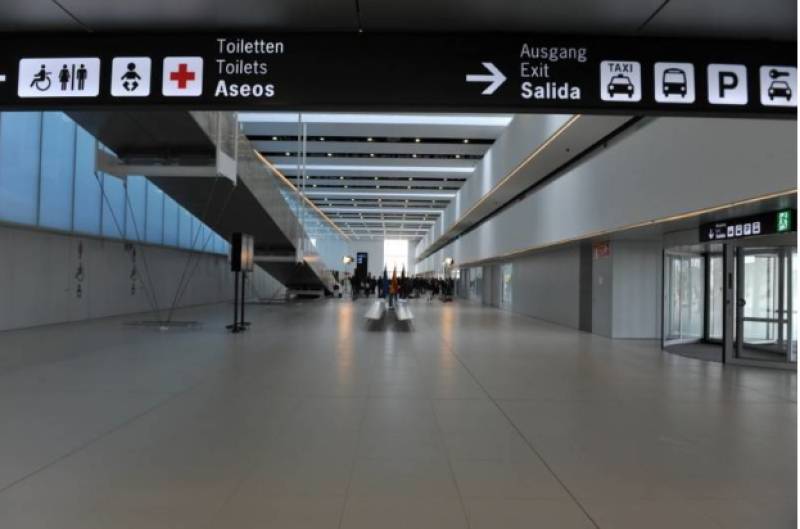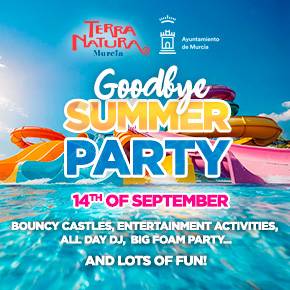

Guidelines for submitting articles to San Pedro del Pinatar Today
Hello, and thank you for choosing San Pedro del Pinatar.Today to publicise your organisation’s info or event.
San Pedro del Pinatar Today is a website set up by Murcia Today specifically for residents of the urbanisation in Southwest Murcia, providing news and information on what’s happening in the local area, which is the largest English-speaking expat area in the Region of Murcia.
When submitting text to be included on San Pedro del Pinatar Today, please abide by the following guidelines so we can upload your article as swiftly as possible:
Send an email to editor@spaintodayonline.com or contact@murciatoday.com
Attach the information in a Word Document or Google Doc
Include all relevant points, including:
Who is the organisation running the event?
Where is it happening?
When?
How much does it cost?
Is it necessary to book beforehand, or can people just show up on the day?
…but try not to exceed 300 words
Also attach a photo to illustrate your article, no more than 100kb

Lorca's medieval museum delayed until late 2026 amid funding shortfall
€500,000 needed to complete ambitious exhibition featuring advanced 14th-century gallery
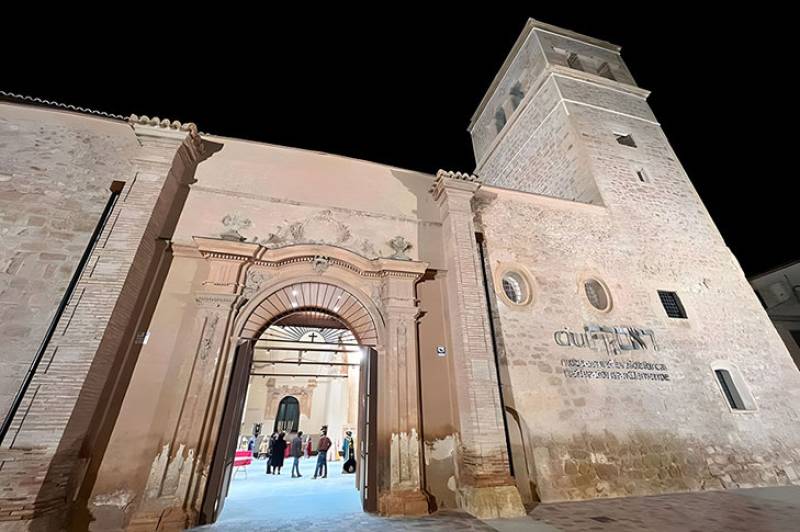 Ambitious plans for the Ciufront Medieval Museum in Lorca have hit a major delay, with organisers confirming that the much-loved museum will not be ready to open its doors for regular visits until November 2026. This timeframe is set to coincide with the city’s patron saint festivities for San Clemente.
Ambitious plans for the Ciufront Medieval Museum in Lorca have hit a major delay, with organisers confirming that the much-loved museum will not be ready to open its doors for regular visits until November 2026. This timeframe is set to coincide with the city’s patron saint festivities for San Clemente.Murcia’s second biggest centro comercial has more than just shopping – it’s everything you could want from a day out!

 Unlike other shopping centres, Parque Almenara is a shopping mall where the stores are located in a network of streets, like a whole shopping village that covers almost 150,000m2, making it the second largest shopping centre in the Region of Murcia.
Unlike other shopping centres, Parque Almenara is a shopping mall where the stores are located in a network of streets, like a whole shopping village that covers almost 150,000m2, making it the second largest shopping centre in the Region of Murcia. As well as the opportunity for a day’s retail therapy, Parque Almenara also offers the makings of good night out. There is a 10-pin bowling alley with 20 lanes and an entertainment complex, plus a multiscreen cinema with ten screens showing the latest offerings from Hollywood and the best 3D movies, and even original version English-language films.
As well as the opportunity for a day’s retail therapy, Parque Almenara also offers the makings of good night out. There is a 10-pin bowling alley with 20 lanes and an entertainment complex, plus a multiscreen cinema with ten screens showing the latest offerings from Hollywood and the best 3D movies, and even original version English-language films.How to get there












